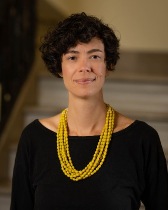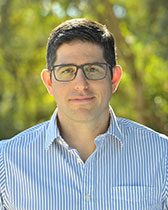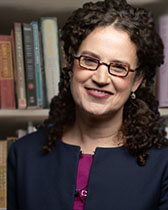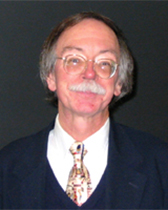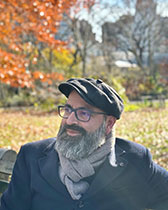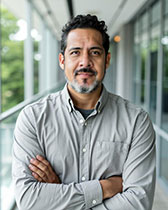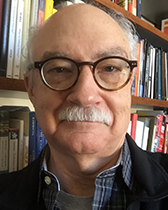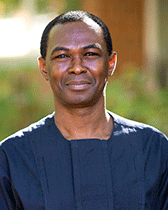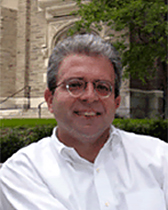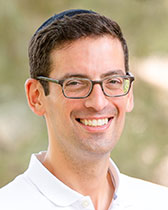Religious History

Related Programs:
- Department of Religious Studies
- Institute for the Study of Islamic Thought in Africa
- Program in Jewish and Israel Studies
- Graduate Cluster in Jewish Studies
- Graduate Cluster in Religion and Global Politics
Most religious traditions present themselves as revelations of unchanging truths. The historical study of religion deconstructs these claims, demonstrating the ways in which religion both shapes and is shaped by society. It reveals that no religion is autonomous, and that the thought and practices of different religions invariably influence one another. This historical approach, practiced by the scholars in our Department and across Northwestern, also reveals how religion can, at various times and places, simultaneous shape enduring institutions and serve as an engine of social change. Historians at Northwestern work on the principal monotheistic traditions—Christian, Jewish, and Muslim—from the Middle Ages to the present, as well as on the multiple religious traditions of East Asia and Africa.

